Religion: Jewish Law
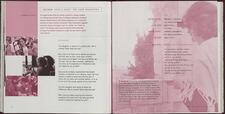
Feminist Jewish Ritual: An International Perspective
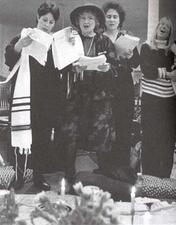
Feminist Jewish Ritual: The United States
Ritual behavior is one of the fundamental pillars of Judaism, and of all religions, whose concern is precisely with ultimate meaning and purpose. Since the 1970s, Jewish feminists have gained access to male-identified rituals, developed a wide variety of new rituals, and feminized core male rituals.
Feminist Theology

Festivals and Holy Days
According to halakhah, women are responsible for obeying all of Judaism’s negative commandments and for observing most of the positive ones, including the Sabbath and all of the festivals and holy days of the Jewish year. In some instances, however, male and female obligations on these days differ.
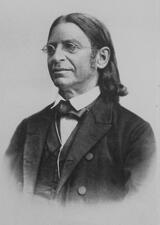
Abraham Geiger
Abraham Geiger (1810-1874) was one of the most influential Jewish thinkers of the nineteenth century. He was one of the major intellectual leaders and founders of the Reform movement in Germany and a strong supporter of Jews entering European society. As part of his vision of Judaism, he argued for a Judaism oriented around the home and domestic life, but also a Judaism that both elevated and sidelined the women that had long created that domestic life.
Gender Identity In Halakhic Discourse
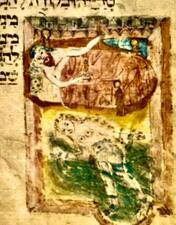
German-Jewish Pietists: Attitudes towards Women
Despite their small numbers, the introspective and penitential religious outlook of the German-Jewish Piestists had a significant and lasting impact on European Jewry. Written by men and intended for a male audience, the Pietists’ writings heighten the profound ambivalence toward women that is inherent in the rabbinic tradition

Susan Grossman
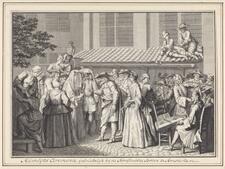
Halakhic Decisions on Family Matters in Medieval Jewish Society
Across the medieval Jewish world, rabbis used takkanot (rabbinic decrees) to address urgent needs in family life among their Jewish communities. These takkanot are key historical sources for understanding the changing roles of women in the medieval Jewish world.
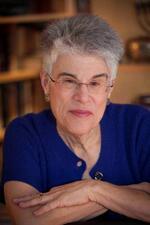
Judith Hauptman
The first woman to receive a PhD in Talmud, Judith Hauptman has made significant contributions to the academic study of the origins and development of the works of the “canon” of rabbinic literature of Late Antiquity. A second prominent focus of both Hauptman’s scholarly and other work has been Jewish feminism and the status of women in rabbinic and related literature, particularly exemplified in her best-known work, Rereading the Rabbis: A Woman’s Voice.

Hebrew Drama: Representation of Women
Infertile Wife in Rabbinic Judaism
Only men are legally obligated to procreate, but there is disagreement over whether that obligation compels a man to divorce his wife after ten childless years. The initial infertility of the matriarchs reinforces the efficacy of prayer by demonstrating that the individual matriarchs’ suffering and supplications are what provoked a divine response.
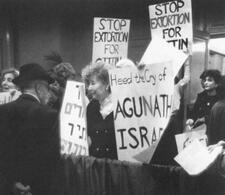
International Coalition for Agunah Rights (ICAR)
International Coalition for Agunah Rights (ICAR) was created to solve the problem of women whose husbands refuse to grant them Jewish divorces, through a combination of education and activism. Although some of the member organizations remain active in North America, ICAR itself has become a primarily Israel-focused coalition.

Jewish Feminism in the United States
Challenging all varieties of American Judaism, feminism has been a powerful force for popular Jewish religious revival. The accomplishments of Jewish feminists have transformed American Jewish life, even as the ultimate goal of gender equity and shared power has yet to be fully realized.
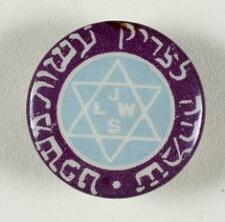
Jewish League for Woman Suffrage
The Jewish League for Woman Suffrage (JLWS) was the only Jewish women’s organization in England—and the world—devoted exclusively to obtaining both national and Jewish suffrage for women.
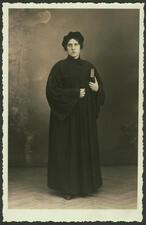
Regina Jonas
Regina Jonas longed to become a rabbi for most of her life, and despite significant obstacles, was ordained in 1935. As the first ordained female rabbi, she worked in Berlin until her deportation to Theresienstadt, where she continued to preach, teach, and inspire her fellow inmates until her final deportation to Auschwitz.
Norma Baumel Joseph
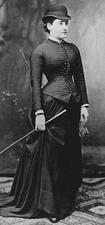
Juedischer Frauenbund (The League of Jewish Women)
Founded in 1904, The League of Jewish Women pursued secular German feminist goals while maintaining a strong sense of Jewish identity. The League supported vulnerable women through practical social reforms while fighting for political power within the German Jewish community. It saw employment opportunities as essential to women’s economic, psychological, and emotional independence.
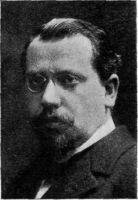
Mordecai Kaplan
Karaite Women
Family law and personal status of women are important aspects of both the daily life and the halakhah of Karaite communities. Karaite legal sources often deal with rules pertaining to betrothal, marriage, divorce, ritual purity, and incest.
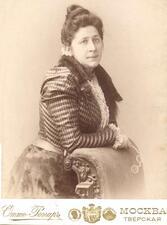
Rashel Mironovna Khin
Rashel Mironovna Khin hosted salons that made her the toast of Imperial Russia, and, with the help of the novelist Ivan Turgenev, became the first Jewish woman to publish major literary works in the Russian language. As an affluent member of the Jewish merchant class, she received a first-class European education and portrayed the anxieties of the Russian-Jewish elite in her fiction.
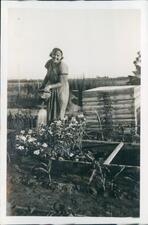
Kibbutz Ha-Dati Movement (1929-1948)
Beginning in 1929, the religious kibbutz (Kibbutz Ha-Dati) movement represented the confluence of progressive ideals of equality and collectivism and traditional customs of Judaism. As a result, women in the movement lived at a crossroads.
Killer Wife in Jewish Law and Lore
The Talmud states that if a woman is twice or thrice widowed, she is prohibited from remarrying because it is presumed that she is a killer wife and that her next husband will also die. This has been applied in post-Talmudic law, but also negated by some halakhic decisors.

Kinnim (Tractate)
Tractate Kinnim (“nest” or “birds in a nest”), the last tractate in Order Kodashim (Holy Things), deals with the smallest type of sacrifice, a pair of turtledoves or young pigeons—one nest, hence the title.


